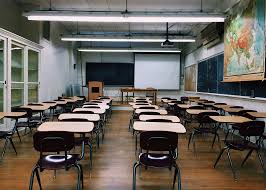
At face value, there appears to be similarities with what occurred in 2020 with Centre Assessed Grades, but in practice, schools now face a different kind of challenge. In 2020, there was limited information to rely upon and new evidence could not be created for the purposes of grading. In 2021, schools will be gathering their data in the full view of expectant parents and pupils.
In order to ensure that they have evidence upon which to grade their learners, many schools are choosing to proceed with 'mini' examinations internally.
We anticipate that the greatest concern our school clients will have at present is ensuring that the process they use to assess grades is considered to be fair by their parents and learners, as well as externally, so that they do not open themselves up to criticism and disputes.
This article looks at some questions schools may be asking at this stage, and how they can be answered.